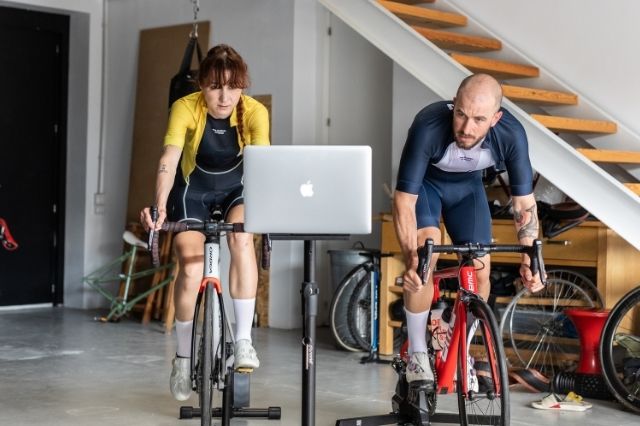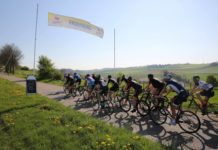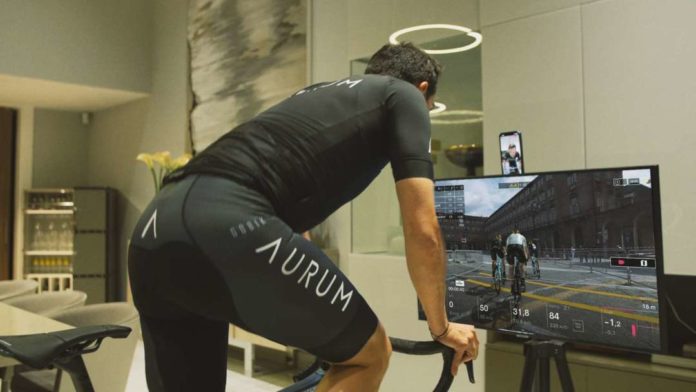In the world of cycling, technological innovation has made it possible to create controlled and precise environments for training. A simulator has become an essential tool not only for improving physical performance, but also for working on psychological aspects such as motivation.
This ability to simulate real conditions and control variables makes these devices ideal for comprehensive training. In the article we bring you, we are going to talk about whether it is possible to train mentally on a simulator so that the two fundamental parts of an athlete, physical and mental, are at 100%.
What are the basic concepts of motivation?
Motivation is the engine that drives any athlete to push themselves and their limits. From a psychology point of view, understanding how motivation is formed, maintained or lost is crucial for any training.
In the context of cycling, motivation can be intrinsic, stemming from the pleasure and personal satisfaction of exercise. Yet that extra energy can be extrinsic, influenced by external rewards such as prizes or social recognition.
The relationship between motivation and performance is direct and significant. A motivated cyclist is more likely to follow a rigorous training plan and focus on his or her long-term goals. In cycling simulators, this motivation is influenced by the virtual environment. The simulator is displayed as a game that offers small rewards within the simulator to incentivise pushing one’s limits.
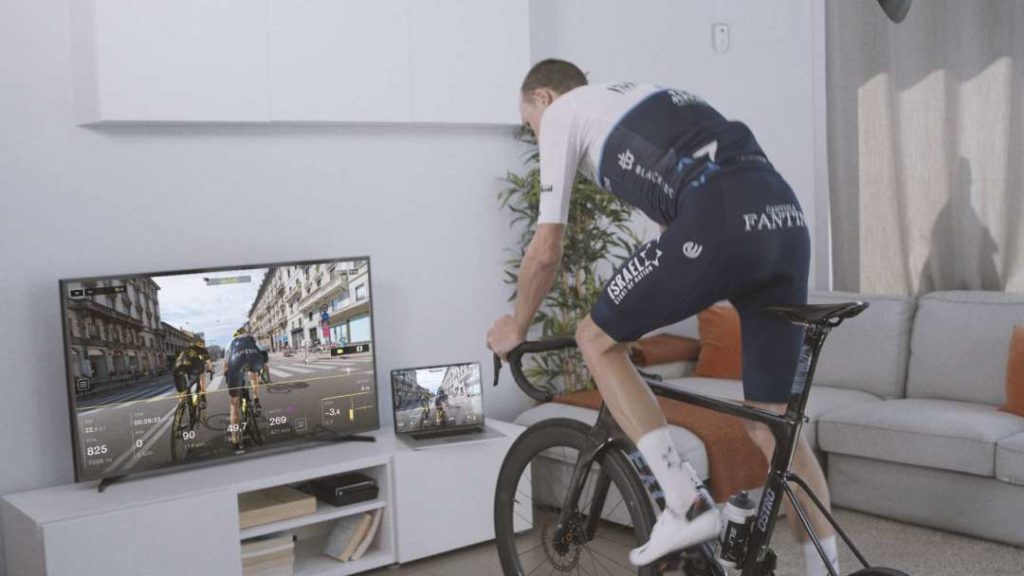
How can motivation be trained in simulators?
To achieve this, coaches use specific goals and immediate feedback on performance. For example, setting challenges within the simulator that must be achieved, or pitting riders against other riders can keep motivation high. In addition, the ability to see progress in real time helps reinforce a sense of achievement.
Professional cyclists have commented, on numerous occasions, how the simulation has allowed them to better prepare for different races and grand tours. The elite are working on both physical endurance and psychological resistance to fatigue and stress.
Assessing motivation during training on cycling simulators is complicated. It involves looking at consistency in performance, willingness to face tougher challenges and reaction to setbacks. Analytical tools built into simulators can help measure these aspects, providing valuable data for adjusting training programmes.
How important is good motivation in the week before a race?
Having seen that it is possible to stay motivated on cycling simulators, it is time to ask the question: is motivation necessary before a race? Of course it is. Effective motivational training before a race is key to ensuring that riders arrive at the event with 100% energy and the simulator is a great tool.
This process starts with setting clear and realistic goals to guide them. The goals should be specific to the event ahead, taking into account the characteristics of the course, the rivals that will be attending the event, your position (in terms of relevance, within the team) and the environmental conditions that might be encountered (temperature, humidity, fans…).
In the field of cycling simulators, such as BKOOL, these goals can be simulated with great precision. For example, if the competition includes multiple climbs, the training has to be focused on improving uphill endurance and power by programming stages that replicate the slopes and duration of the slopes of the real event.
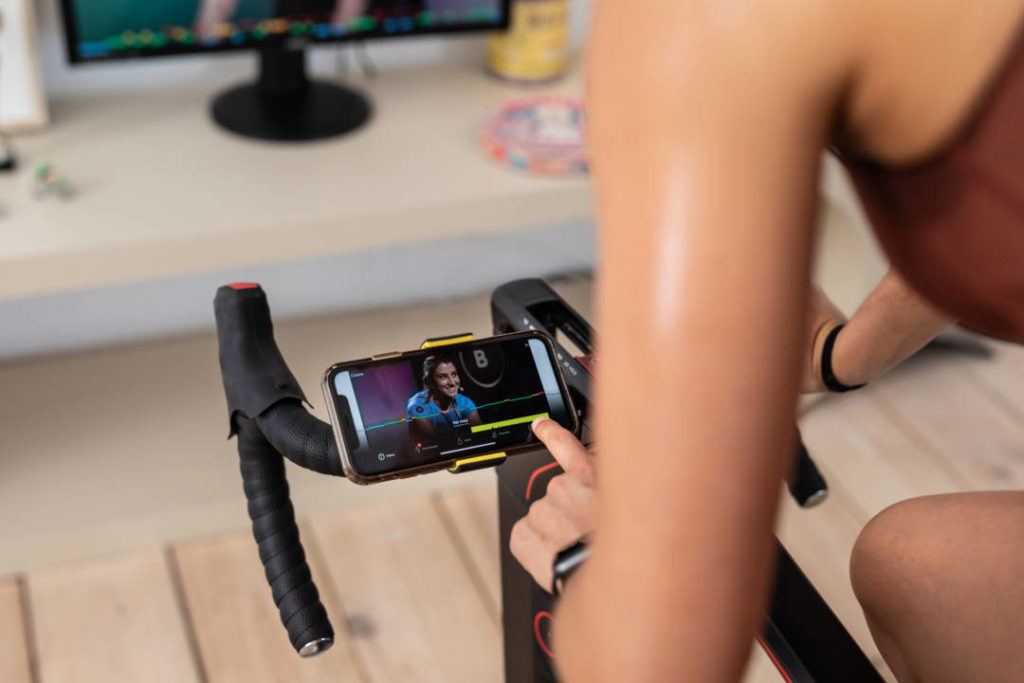
The trainer, an important part
In addition, it is crucial to maintain an open and constructive dialogue between coach and rider. The coach needs to be aware that he/she must reinforce the athlete’s self-confidence, highlighting achievements and improvements throughout the training while constructively addressing areas for improvement. This type of positive feedback is vital to keep motivation high as it reinforces the rider’s perception of their ability.
An often underestimated aspect of keeping the desire to get on the bike at an all-time high is preparation for managing pre-competition stress and anxiety. Here, cycling simulator is common for training relaxation, visualisation and motivation techniques, which help the rider to mentally cope with the course and visualise their performance successfully.
These visualisation sessions include everything from anticipating the start, to handling critical points on the course, to executing a sprint finish, preparing the rider not only to compete, but to compete at their highest level. If you want to know what it is like to train motivation in cycling, you can check it out with BKOOL.
BKOOL is the most complete cycling simulator on the market, try it FREE for 30 days!


